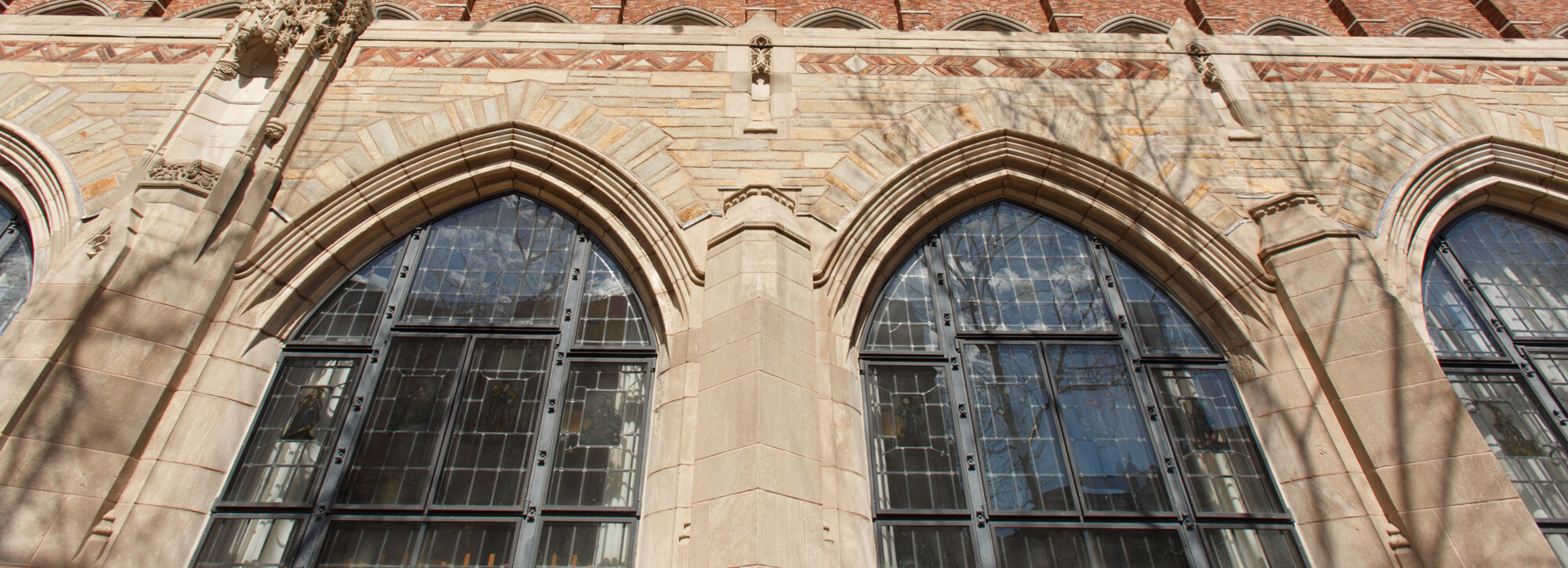Climate Team Legal Planet Blogs
Students Rosa Hayes ’20 and Samantha Peltz ’20 discuss the path forward for establishing standing in climate litigation after the 9th Circuit’s Juliana decision on a popular environmental law blog, Legal Planet1.
Oakland and San Francisco Climate Tort Suit
On March 20, 2019, the Rule of Law Clinic filed an amicus brief on behalf of former U.S. diplomats and government officials in City of Oakland v. BP p.l.c., a case currently pending before the Ninth Circuit. The cities of Oakland and San Francisco sued a group of Carbon Majors for the climate change harms caused by their deceptive marketing and promotion of fossil fuels. The cities are currently appealing the district court’s dismissal of their lawsuit, which the court based in part on the grounds that allowing the cities’ lawsuit to proceed would interfere with U.S. climate negotiations and foreign policy.
The Clinic represented a group of amici—including former Secretary of State John F. Kerry; former U.S. Special Envoys for Climate Change Todd D. Stern and Jonathan Pershing; Yale Law School visiting lecturer Susan Biniaz, the State Department’s former lead lawyer for climate change—who drew on decades of experience in international diplomacy to explain that the cities’ lawsuit is unlikely to interfere with U.S. climate negotiations.
As the amici noted, international climate agreements have concerned payments exclusively between nations, with funds flowing almost entirely toward developing countries. Moreover, the international climate regime is intentionally agnostic on the issue of liability. Therefore, the cities’ lawsuit seeking civil liability for deceptive corporate conduct does not interfere with the United States’ ongoing climate negotiations. Further, amici advised the court that American foreign policy is not and has never been amnesty or immunity for corporate deception. Indeed, agreements the United States has with other nations—including agreements with other OECD countries and the recently renegotiated successor to NAFTA—emphasize the importance of enforcing limits on deceptive corporate behavior.
